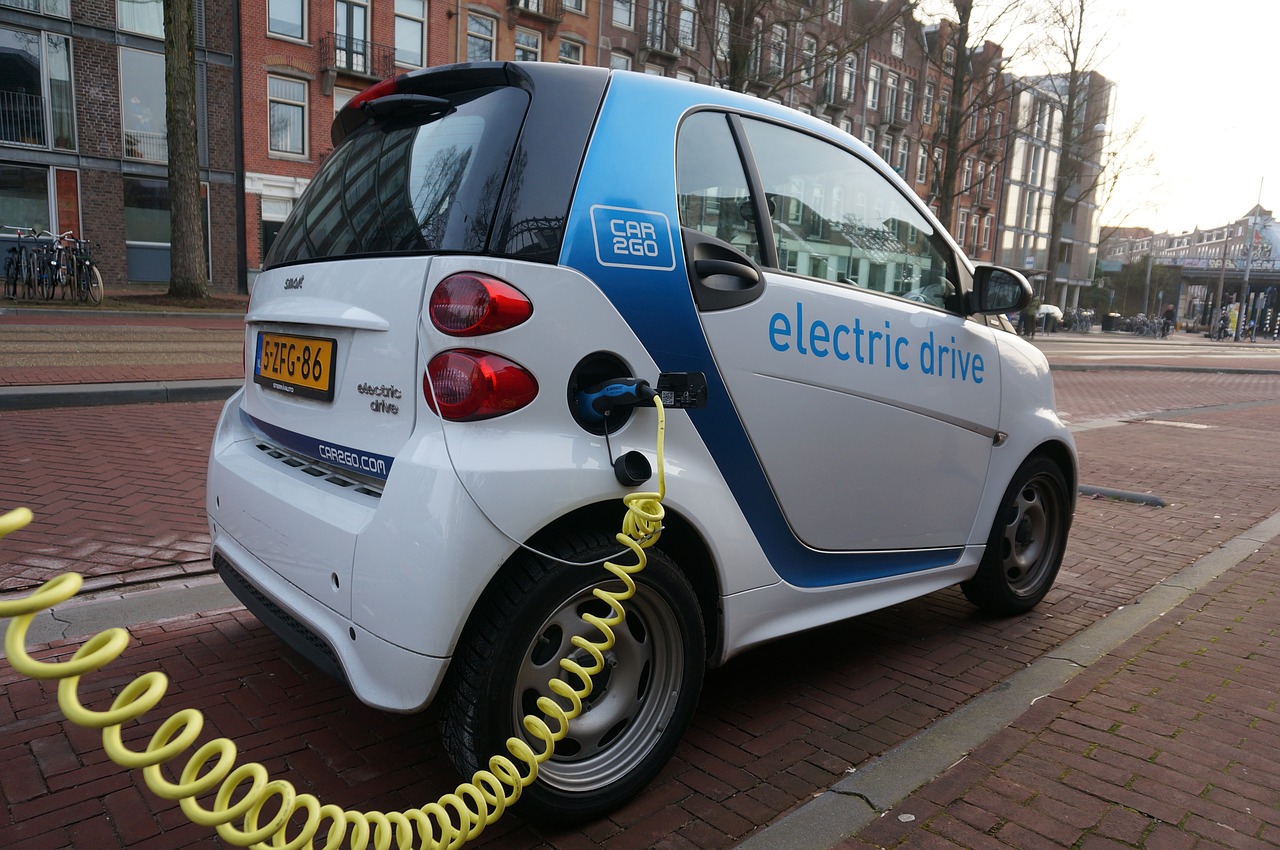
A new research research has shown that fears that electric cars could actually increase carbon emissions are a damaging myth.
The research universities of Exeter, Nijmegen in the Netherlands, and Cambridge revealed that fears over electric cars increasing carbon emissions were just a myth.
The researchers concluded that in most places electric cars produce fewer emissions overall, even if manufacture still involves fossil fuels.
The study found that 95% of the world, driving an electric car is better for the climate than a petrol car. The exceptions to this would be countries like Poland where electricity generation is still mostly based on coal.
According to the researchers, the average "lifetime" emissions from electric cars are up to 70% lower than petrol cars in countries like Sweden and France, where most electricity comes from renewable and nuclear energy, and around 30% lower in the UK.
Forecasts from the study showed that in 2050 every second car on the streets of the world could be electric, resulting to a reduction in global CO2 emissions by up to 1.5 gigatons per year, which is equivalent to the total current CO2 emissions of Russia.
Lead author Dr. Florian Knobloch from the University of Nijmegen said: "The idea that electric vehicles could increase emissions is a complete myth. We've seen a lot of discussion about this recently, with lots of disinformation going around."
Dr. Knobloch added: "We have run the numbers for all around the world, looking at a whole range of cars and even in our worst-case scenario, there would be a reduction in emissions in almost all cases.."
Professor Greg Marsden, from the Institute for Transport Studies at Leeds University, warned: "Electrification is necessary but not enough. Travel demand reductions of at least 20% are required, along with a major shift away from the car if we are to meet our climate goals."
"This implies a really major social change. That is why it is a climate emergency and not a climate inconvenience," Prof. Marsden argued.






